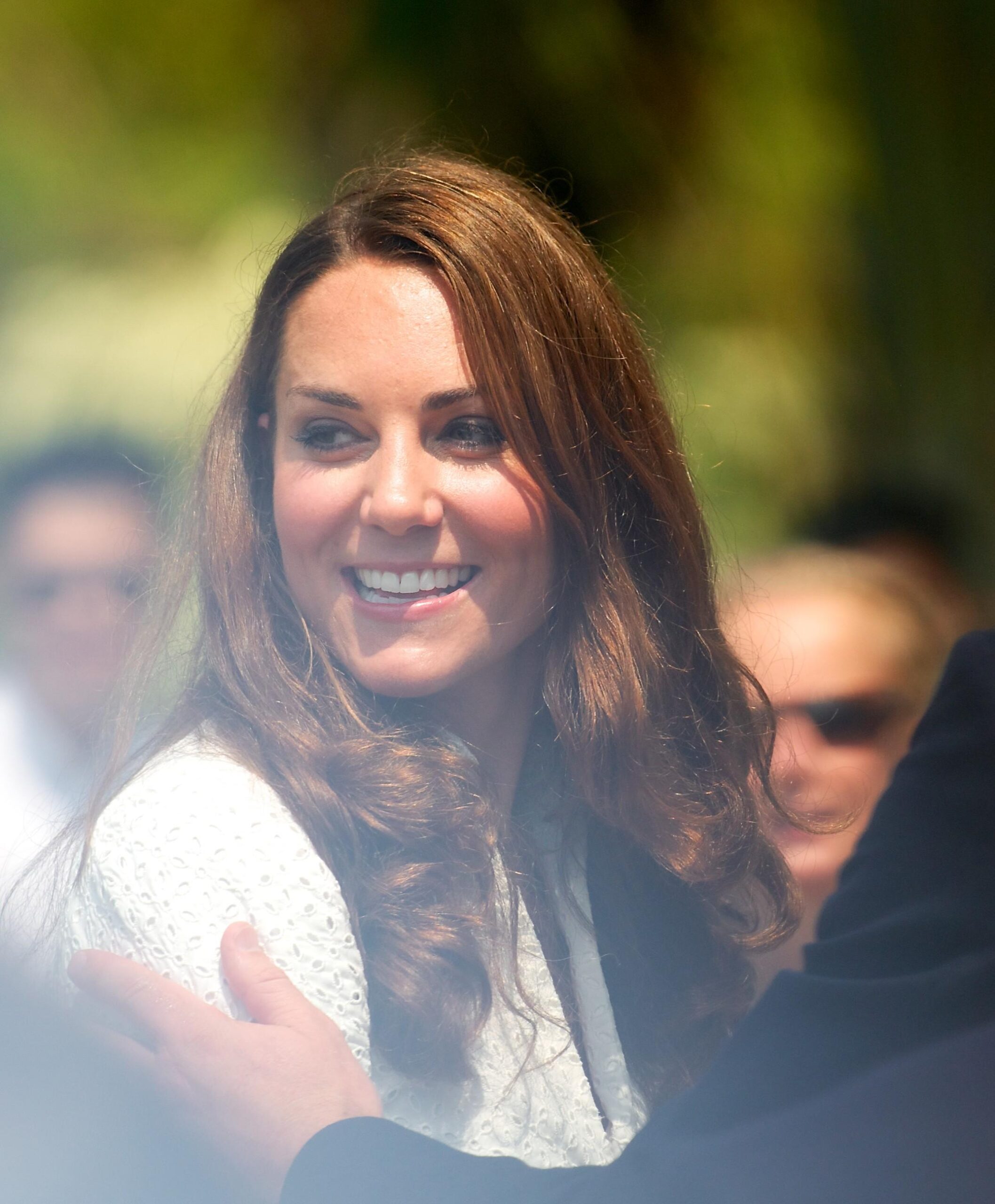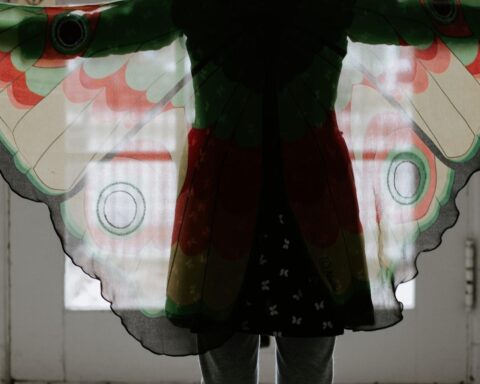In this digital age where filters and editing tools are at our fingertips, our perception of reality is constantly being challenged. The latest controversy surrounding Kate Middleton and her alleged use of photo editing software has sparked heated debates about authenticity and transparency in the digital realm. But perhaps this scandal is just the tip of the iceberg, a foreshadowing of the ethical dilemmas and blurred lines that lie ahead as technology continues to blur the boundaries between reality and illusion.
Table of Contents
- The Rise of Social Media Photo Editing
- Impact on Society and Self-Image
- The Role of Influencers and Celebrities
- Calls for Transparency and Authenticity
- Navigating the Future of Digital Media
- Recommendations for Ethical Photo Editing practices
- In Conclusion

The Rise of Social Media Photo Editing
In the world of royal photography, a new controversy is afoot concerning the Duchess of Cambridge, Kate Middleton, who allegedly touched up her photos prior to publication. While this is not an uncommon practice among public figures, it has nonetheless sparked heated debate. The key issue revolves around the rights of photographers and the implications for the genuineness of public images.
Why is it so controversial? The controversy ignited when the accomplished photographer, Mr. Bradshaw, discovered that his image of the Duchess was altered without his consent. Certain features were noticeably enhanced and made more vibrant. This caused uproar not only among photography enthusiasts but also in the wider sphere of media ethics.
-
- Photographer’s Rights: Most alarming for photographers is the blow to their creative integrity. It undermines their expertise and can be seen as an infringement on their rights as the creator of an artwork.
-
- Authenticity: Concerns for authenticity and realism become contentious topics. As photographs often serve as historical records, unauthorised editing may significantly alter the truth, misleading observers.
-
- Unrealistic Beauty Standards: Beauty in photographs frequently sets the trends for what is considered ‘beautiful’. Edited photos propagate unattainable beauty standards that can negatively affect society’s self-image expectations.
| Celebrities who have faced similar controversy | Effects |
|---|---|
| Kim Kardashian | Intensified beauty standards debate |
| Beyonce | Triggered authenticity discussions |
| Taylor Swift | Increased awareness about photographers’ rights |
Despite the controversy, the trend of photo editing is unlikely to diminish, particularly with the rise of social media where a ‘picture-perfect’ image is highly prioritized. This incident with Kate Middleton may indeed be an omen of trends to come – an era where photo editing generates not just enhanced images, but heated debates and crucial ethical dilemmas.
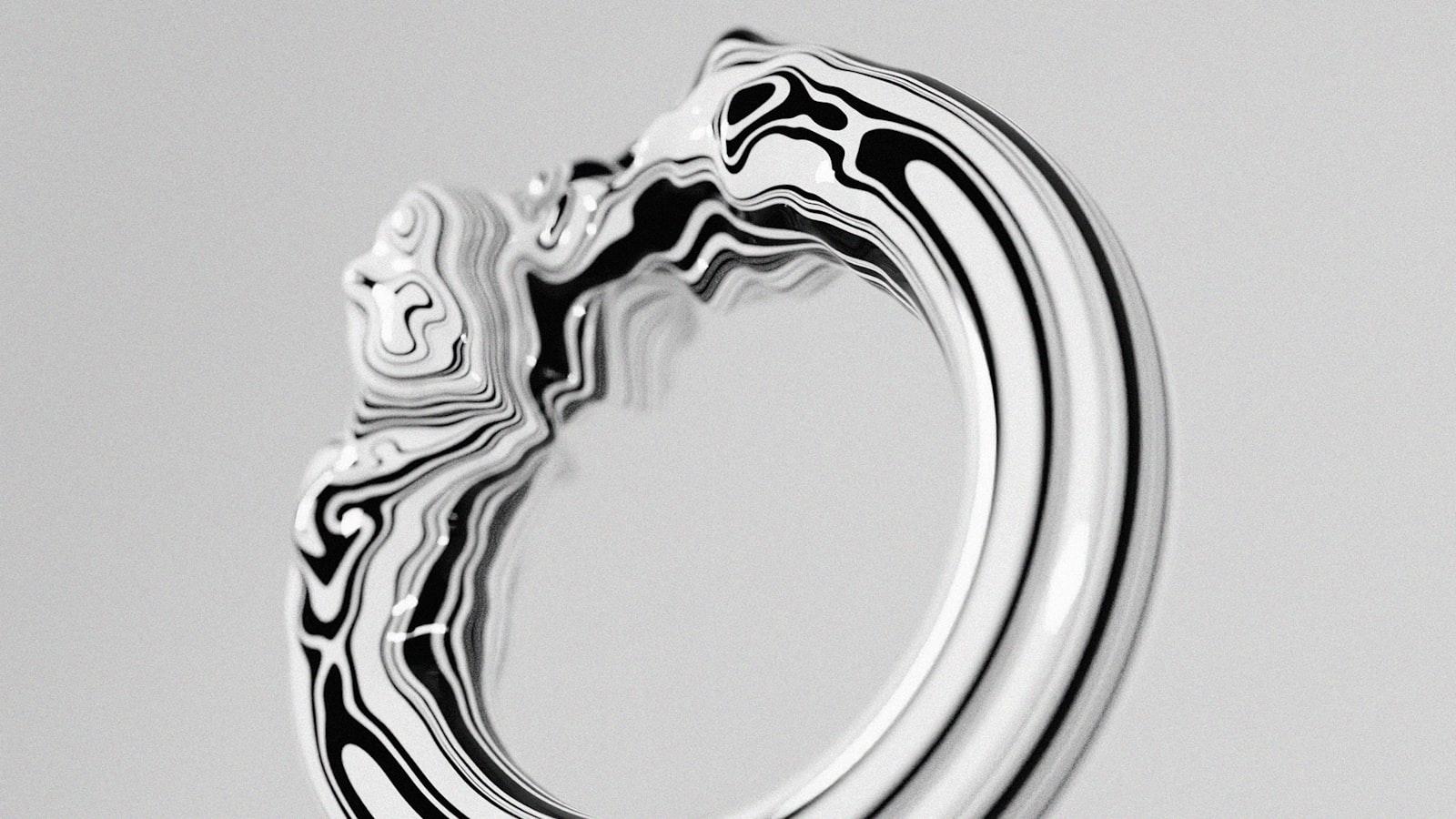
Impact on Society and Self-Image
The recent controversy surrounding the alleged photo editing of Kate Middleton’s images sends significant ripples through society. Allegations of photo manipulation not only alter our perception of reality but also profoundly impact our self-esteem and body image. The plausible ideal beauty standards these images portray can foster dissatisfaction with our appearances, manifesting as self-esteem issues, body dysmorphia, and even eating disorders.
The advent and accessibility of photo-editing apps have made it easier than ever to conjure up manipulative illusions. With a simple click, blemishes can be blurred, waists cinched, and teeth can be brightened, leaving a harmful imprint on our collective self-image.
The table below outlines the potential effects of such photo-editing controversies:
| Effect | Impact on Society |
|---|---|
| Altered Perceptions | Creates unrealistic standards of beauty, contributing to negative body image and self-esteem issues. |
| Link to Mental Health Issues | Potentially trigger mental health problems like depression, anxiety, and eating disorders. |
| Builds Unhealthy Comparisons | Fuels toxic comparison culture, leading to self-scrutiny and dissatisfaction. |
As we navigate our digital age, it’s more important than ever to promote authenticity and diversity in our representations of beauty. We must be critical of the images presented to us, recognising they may be curated, manipulated, and entirely detached from reality. In turn, we can slowly alleviate the pressure to conform to these unattainable standards and foster a healthier self-image.

The Role of Influencers and Celebrities
Stepping out of casual observation into the realm of serious contemplation, it becomes evident that the impact of influencers and celebrities on public oyinion is profound and multifaceted. Consider the recent furore involving Kate Middleton, who experienced backlash for allegedly editing her photographs. This controversy has opened a Pandora’s box which signals new issues surrounding the digital use and misuse by public figures.
Unraveling the Incident
While the Duchess is widely recognized for her poise and class, evidence of supposedly doctored images stirred up a swift and unforgiving storm of criticism aimed not just at her, but the institution she represents. It’s worth noting the two prominent issues arising from this spectacle:
-
- Fabrication of Reality: The alleged alterations cast a shadow of deceit, compelling us to question the authenticity behind every image. It blurs the line between reality and illusion, casting doubt over integrity.
-
- Set of Unrealistic Expectations: Edited images by celebrities, conscious or not, contribute to the unrealistic beauty standards, exerting immense pressure on fans and followers to conform to an impossible standard.
However, it’s important to assess such incidents with a broad perspective.
| Issue | Stand |
|---|---|
| Is photo editing deceptive? | An action essentially benign, it can cross into questionable territory when it alters the truth significantly. |
| Do celebrities owe authenticity to their audience? | While they inherently influence the public, the ultimate responsibility lies in the audience to discern and manage expectations. |
This incident serves as a caveat for the fusion of digital manipulation and celebrity culture. It’s a clear hint towards the increasing importance of digital media literacy in the era where celebrities and influencers hold sway over public sentiment. Indeed, it’s an omen of what’s to come.
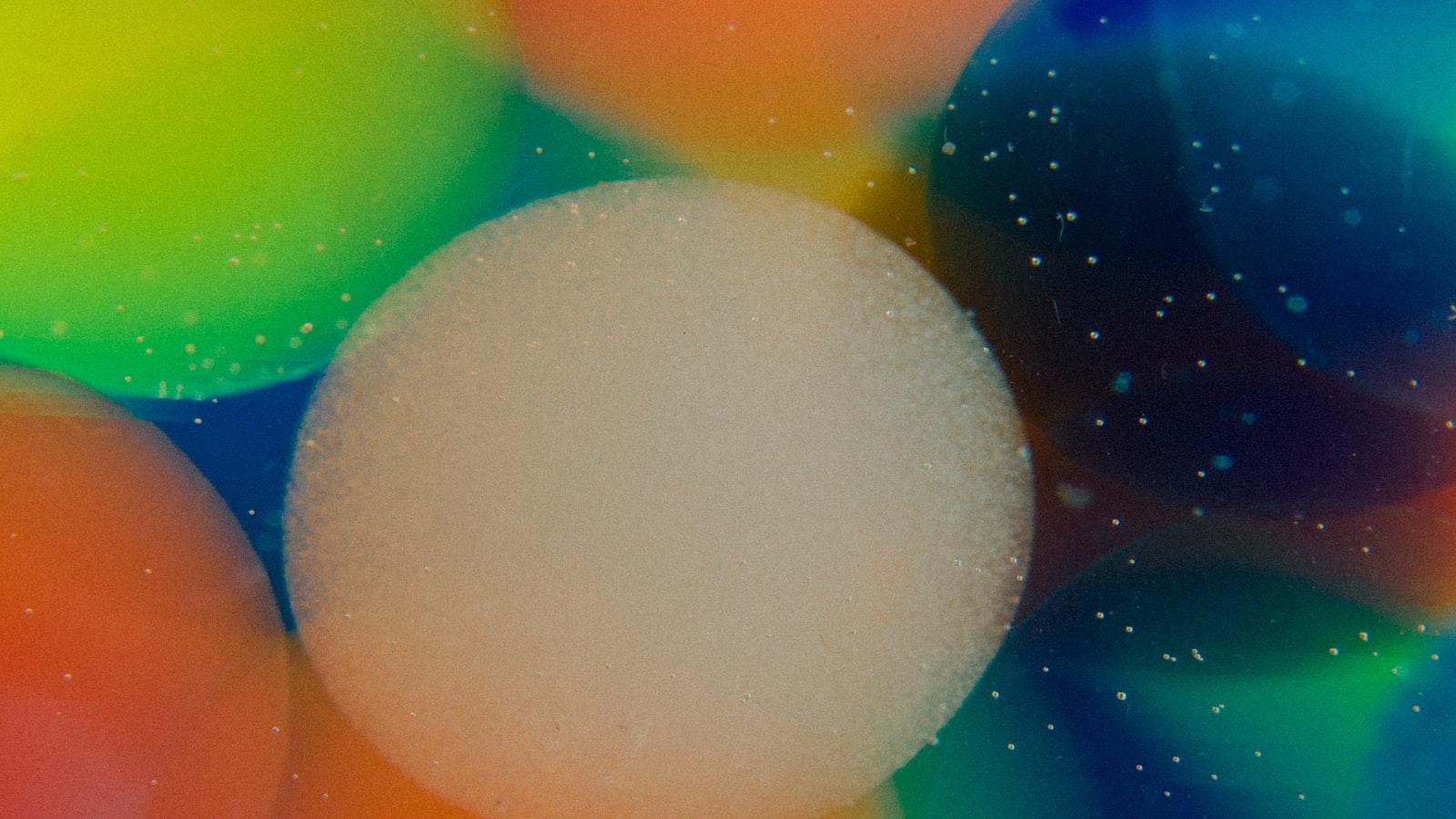
Calls for Transparency and Authenticity
Amid a sea of perfectly edited celebrity photos, Kate Middleton’s unedited image release has turned out to be quite the storm in a teacup. The photo, with visible wrinkles and imperfect makeup, attracted immediate attention – amassing both criticism and praise. Detractors claimed the image was ‘too raw’, also implying that the Duchess, with her wealth and access to resources, should always present an ‘unblemished’ image. Supporters, on the other hand, hailed it as a bold step towards authenticity.
The ensuing debate leads us to ponder the era of photoshopped authenticity we live in. The line between what’s real and what’s rigorously curated is scary thin. As the expectation of perfection becomes heavier and more unrealistic, the often-ignored call for transparency and authenticity grows louder. People yearn for authenticity, they admire vulnerability, they encourage breaking the mold. So, in retrospect, perhaps this snapshot ‘controversy’ is a good thing. It serves as a catalyst that initiates candid conversations about social media portrayal and the pressure public figures – and indeed, all of us – feel to ‘appear’ perfect.
| Standard | Reality |
|---|---|
| Perfection | Genuine raw imperfections |
| Blemish-free | Realistic flaws |
| Filtered presentation | Unfiltered authenticity |
-
- A call for transparency should not be mistaken as a call for eroding privacy.
-
- We should celebrate our flaws just as much as we do our strengths.
-
- Even public figures have the right to showcase their real, vulnerable selves without fear of judgment.
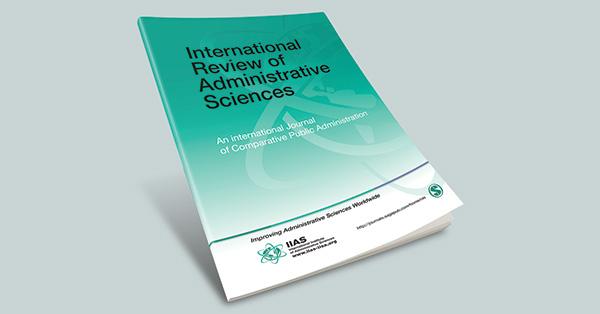
Navigating the Future of Digital Media
The Kate Middleton’s photo editing controversy has sent shockwaves throughout the universe of digital media, signaling the watershed of a new era. In celebrating her 40th birthday, the Duchess of Cambridge released photographs that were later accused of being excessively touched up, bringing to the surface deeper conversations around the ethics of digital manipulation and unrealistic beauty standards.
This incident sheds light on the broader landscape of digital media, where boundaries between the real and the synthetic are becoming increasingly blurred. It prompts us to question the principles guiding its consumption and creation, specifically:
-
- What responsibilities do public figures and influencers bear in promoting authentic representation?
-
- How should digital platforms regulate the use of photo-editing tools?
-
- What can consumers do to promote and champion authenticity in digital media?
| Event | Implication |
|---|---|
| The Duchess’s photo-editing controversy | Spotlight on ethics of digital manipulation |
| Public figures’ responsibility | Ensuring authentic representation |
| Digital platforms’ involvement | Regulating use of photo-editing tools |
| Role of consumers | Promoting authenticity in digital media |
These questions are not just relevant, but pivotal to navigating the future of this rapidly evolving sphere. The answers, however, are far from simple. As we journey into this nebulous terrain, one thing stands clear; the conversation we are having today – triggered by a royal controversy – is only the precursor to an inevitable shift in the realm of digital media.
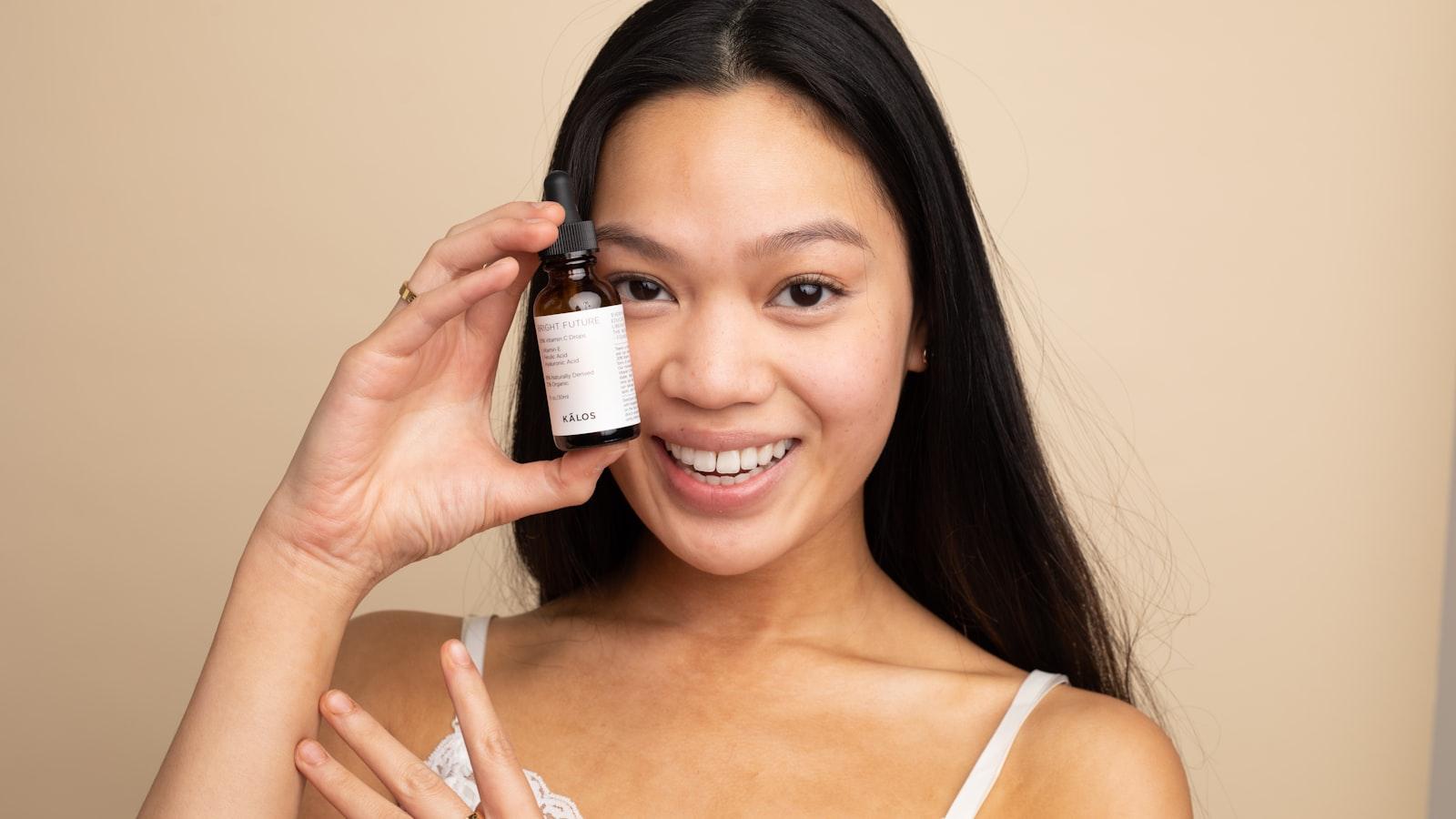
Recommendations for Ethical Photo Editing practices
Over the years, photographs have proven to be a crucial part of our storytelling. They capture moments and convey emotions more than words can say. However, it has become more apparent that the introduction of editing tools and software has resulted in a distortion of reality. A perfect example of this is the recent controversy involving a hyper-edited photograph of Kate Middleton. To prevent such incidents, we need to promote and uphold ethical practices in photo editing.
One way to promote ethical photo editing is by embracing natural aesthetics. To embrace the natural aesthetics includes but is not restricted to:
-
- Respecting subject’s unique features
-
- Avoiding unnecessary edits that distort reality
-
- Maintaining the original environment of the photograph
Next is the importance of obtaining proper consent. Before embarking on the process of editing, it’s of paramount importance to get approval from the subjects involved. This avoids unnecessary controversies, misunderstandings, and possible legal issues. Lastly, photo editing should not be used as a tool to spread misinformation or misrepresentation. It should maintain the dignity of the subjects involved and respect their privacy.
| GUIDELINES | DETAILS |
|---|---|
| Authenticity | Ensure that the essence of the photo remains as truthful to the original as possible. |
| Consent | Seek the appropriate permissions before editing or using photographs. |
| Respect | Avoid alterations that may negatively impact the integrity of the subjects in the image. |
As we tread on the new age of technological innovations, let us remember to exercise discretion and integrity. Ethical photo editing is not a destination but a journey of continuous learning, adapting, and influencing others positively.
In Conclusion
As we digitize the lens through which we perceive our world, the lines of authenticity will undoubtedly shift and blur, much like the softened filters adorning our photographs. It’s clear that in the realm of image creation, we are all now participants, be we royals like the Duchesse of Cambridge, Kate Middleton or everyday Joes and Janes. The controversy surrounding Middleton’s photo editing is not just a singular ripple in the winds of public perception, but instead, a stark harbinger of what’s yet to come in our technicolor, photo-edited future. An era where the inception of an image to its reception will indelibly bear the stamp of technological drama and narrative. So as we march forward into this new world, remember, every click captures more than a photo, it is the snapshot of the changing paradigm of our society. For better or worse, the future will be filtered.
